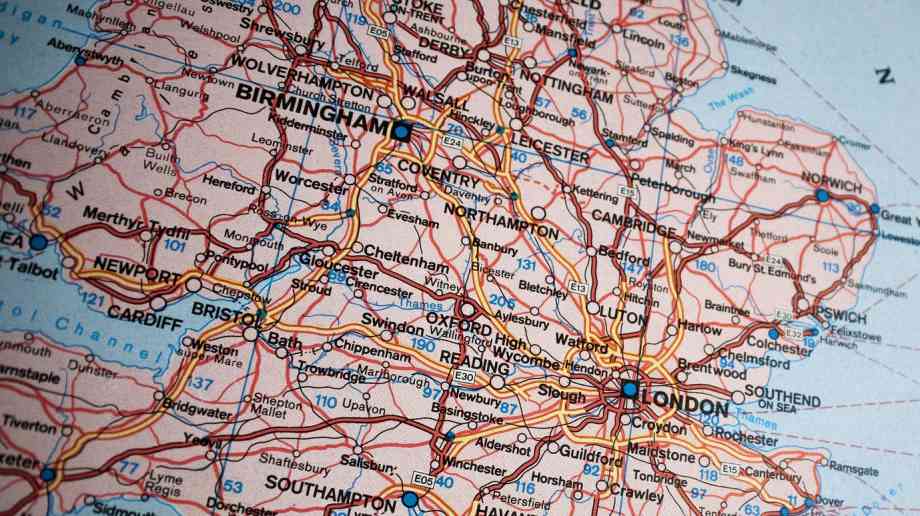Sue Robb of 4Children talks to Julie Laughton and Alison Britton from the Department for Education about the role of childminders in delivering the 30 hours free entitlement.
Coronavirus deaths double in the most deprived areas

Office for National Statistics data has revealed that those living in the poorest parts of the country are dying from coronavirus at double the rate of people in the richest areas.
The figures indicate that the most deprived areas had 55.1 deaths per 100,000 people, which is more than double that of people in the least deprived areas, where the death rate was 25.3. The findings have prompted questions about why poorer people appear to be dying in greater numbers than the wealthy.
It has long been reported that people living in deprived areas experience higher levels of ill-health, poor quality housing and tend to be more diverse, with a higher proportion of black, asian and ethnic minority residents.
London has the highest proportion of deaths. To date, Newham records the highest mortality rate in the country, with 144.3 deaths per 100,000 population, followed by Brent with 141.5 deaths and 127.4 in Hackney. Other local authorities including Hertsmere, Salford, Watford, Middlesbrough, Luton, Sandwell and Slough also had rates above 65 deaths per 100,000 people.
Ceredigion, Rutland, Conwy and North Lincolnshire all had the lowest coronavirus death rates, with seven deaths per 100,000 people, or less.
David Finch, Senior Fellow at the Health Foundation, said: “Today’s data provides important early insight into how the patterns of death from COVID-19 are corresponding with patterns of deprivation in local areas in the UK. It reveals a clear and worrying trend – that deaths in the most deprived areas are more than double those in the least deprived.
“It is too early to say for sure what is driving this trend. The link to deprivation is complex given the virus has spread more in densely populated urban areas that tend to be more deprived. However, there are clearly ways in which existing inequalities mean the crisis is having a disproportionate impact on certain groups. Those facing greater socio-economic disadvantage tend to live in cramped housing conditions and many are now classified as essential workers who don’t have the option of working from home, placing them at higher risk of exposure to COVID-19. People living in more deprived areas are also more likely to have one or more long-term health conditions, which means they are at greater risk of suffering severe symptoms from the virus if exposed.
“In the immediate term, it is vital that we increase our understanding of the relationship between deaths from the virus and the circumstances in which people live. As the government continues to develop its approach to dealing with the pandemic, it must ensure that support is in place where it’s most needed. A longer-term government strategy must ensure that unjust and avoidable differences in peoples’ health do not become more entrenched in the aftermath of the crisis.”
Company Focus
Located in Bromley, Japanese Knotweed Eradication Ltd has been providing solutions in the treatment and removal of Japanese Knotweed (Fallopia Japonica) for over a decade. During this time we have mastered a repertoire of methods, from herbicidal treatments to landscaping solutions, tailored to address the unique challenges our clients face with this pervasive weed.
Event Diary
UKREiiF has quickly become a must-attend in the industry calendar for Government departments and local authorities.
The multi-award-winning UK Construction Week (UKCW), is the UK’s biggest trade event for the built environment that connects the whole supply chain to be the catalyst for growth and positive change in the industry.
Supplier Profiles
Geo Energy
At GeoEnergy Design, we're on a mission to disrupt the traditional way heating and cooling ha
Latest Features
Professor Harith Alani, director of the Knowledge Management Institute at the Open University explains how AI can be used for good and bad.
Alex Lawrence, head of health & social care, techUK sets out techUK’s Five Point Plan for CareTech.

















